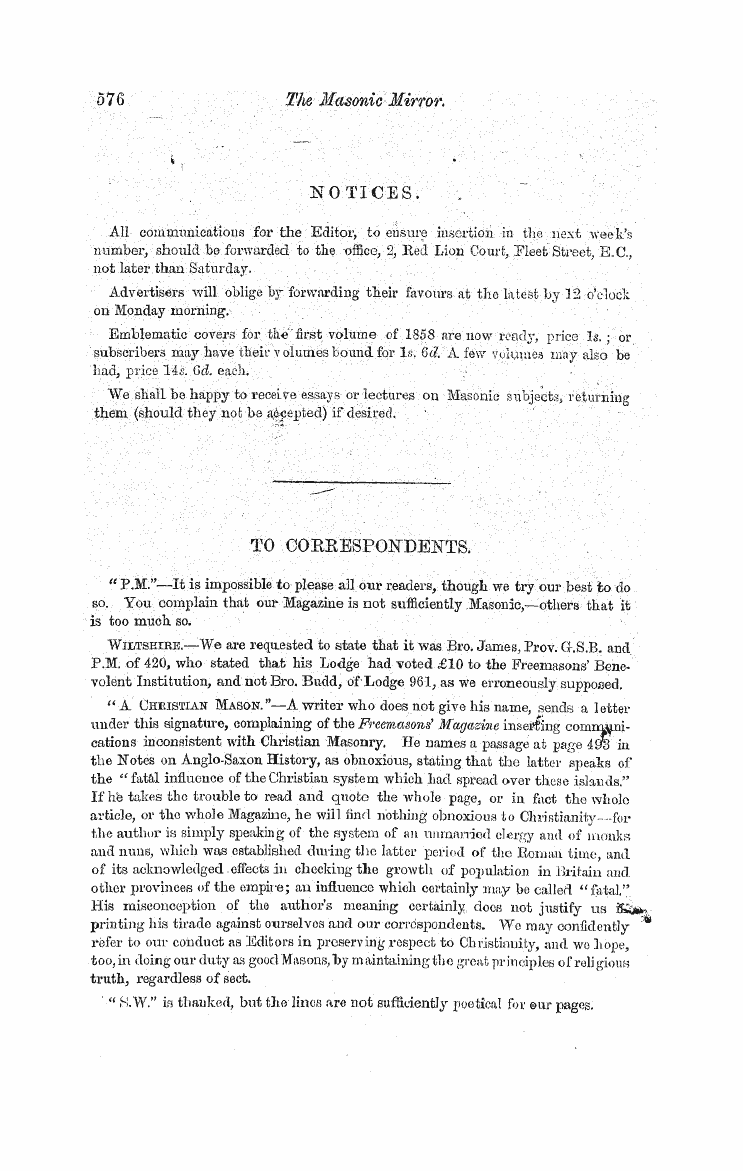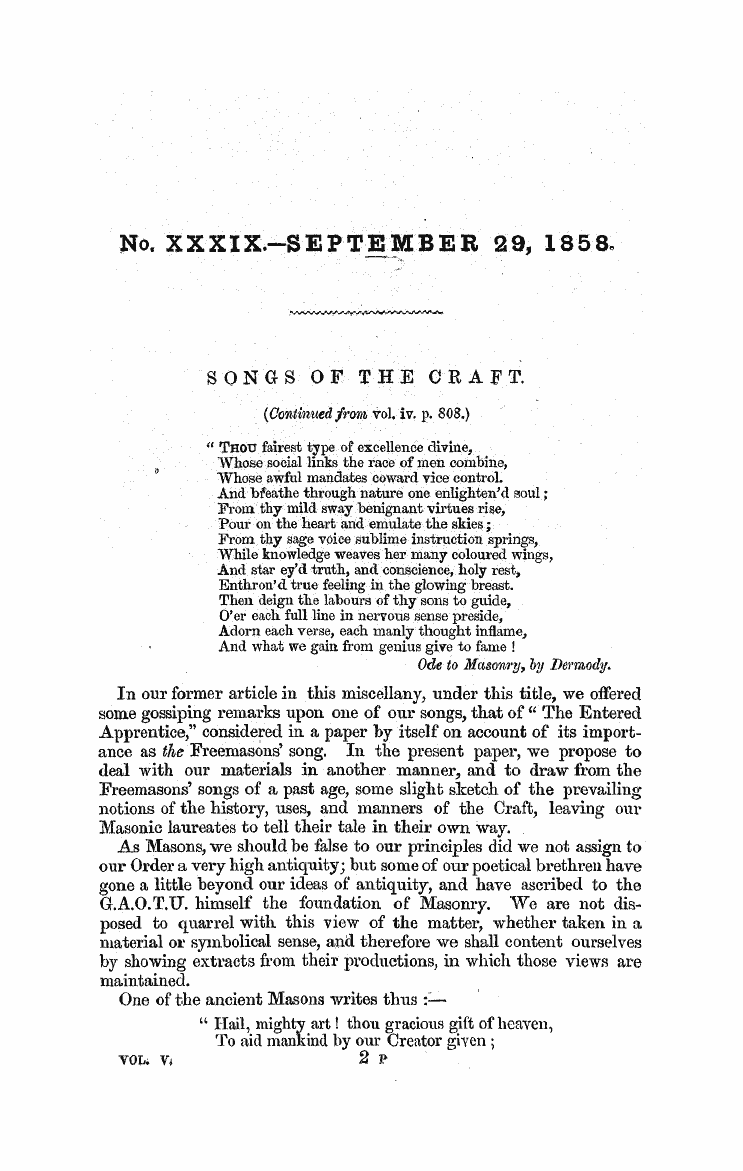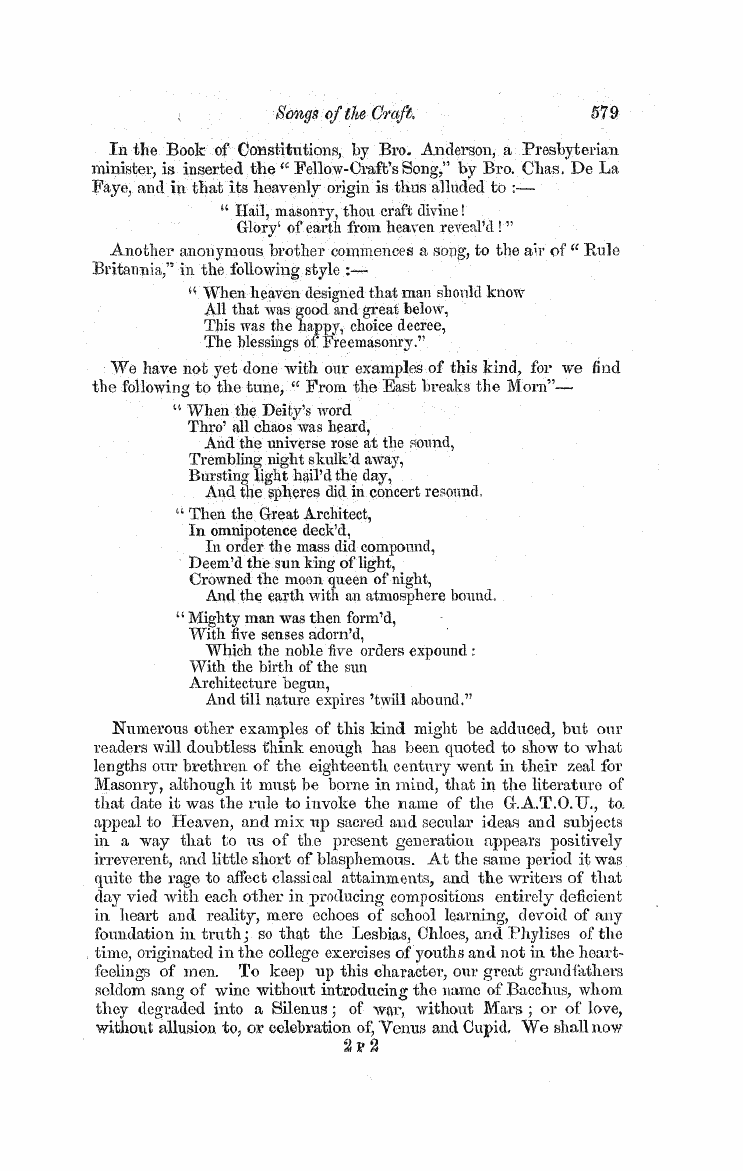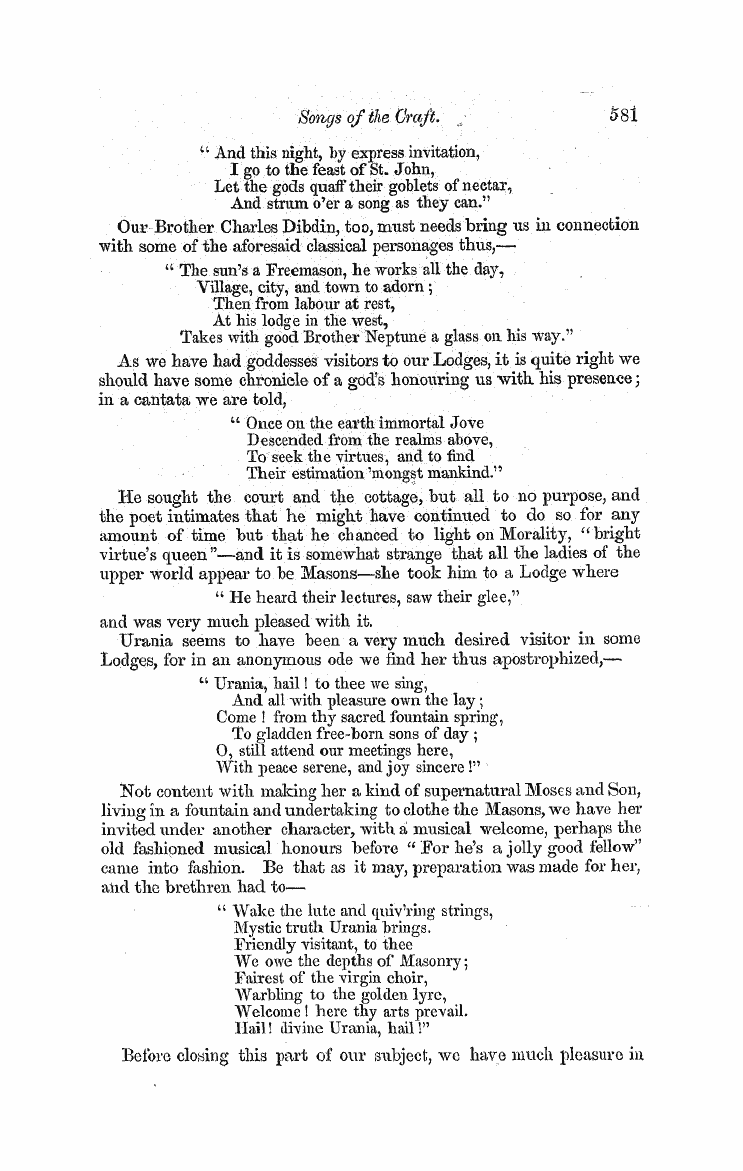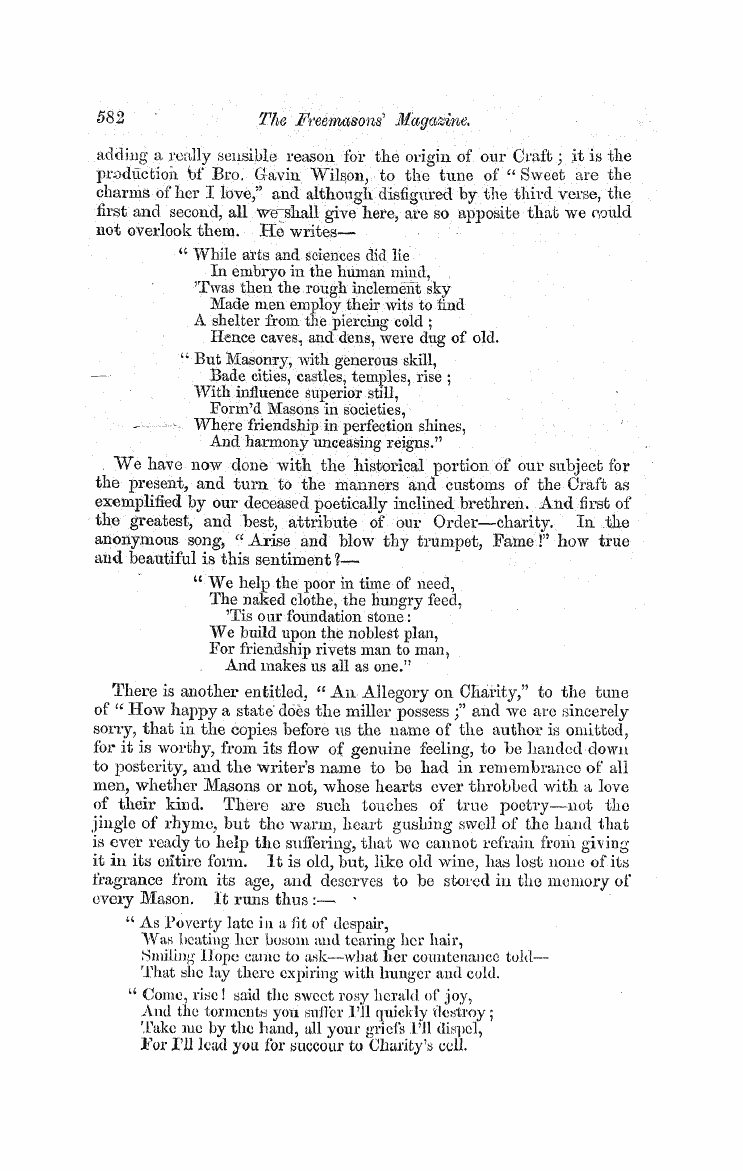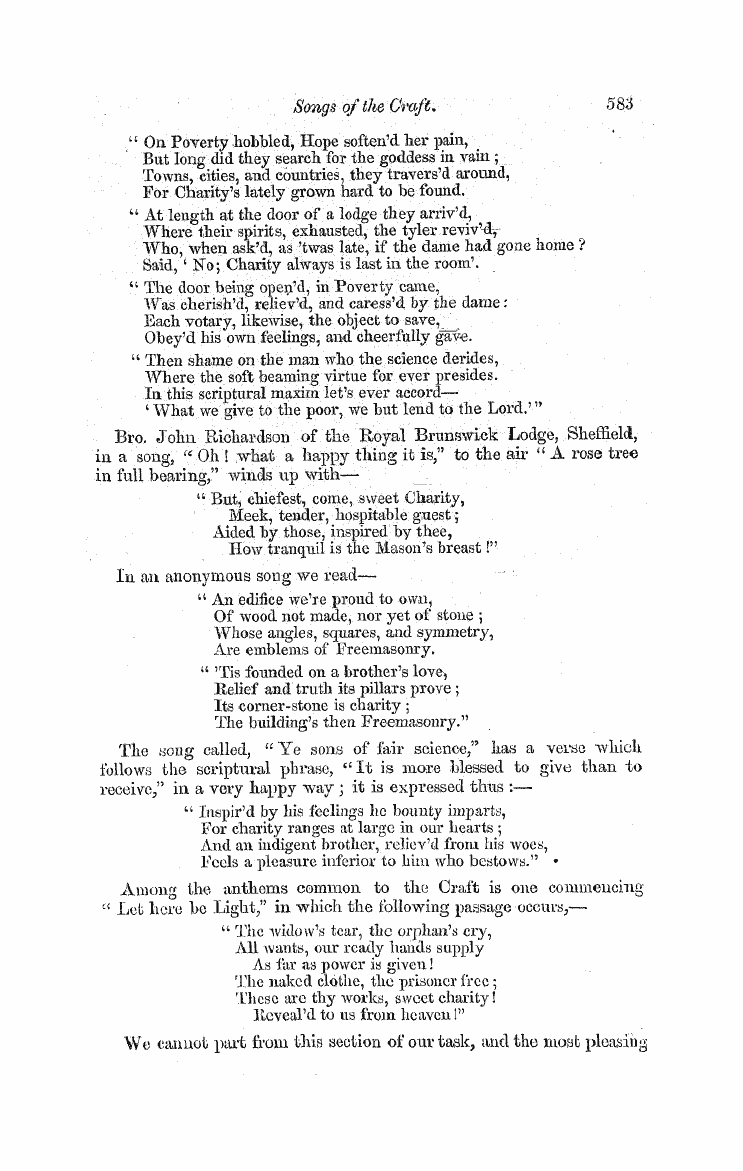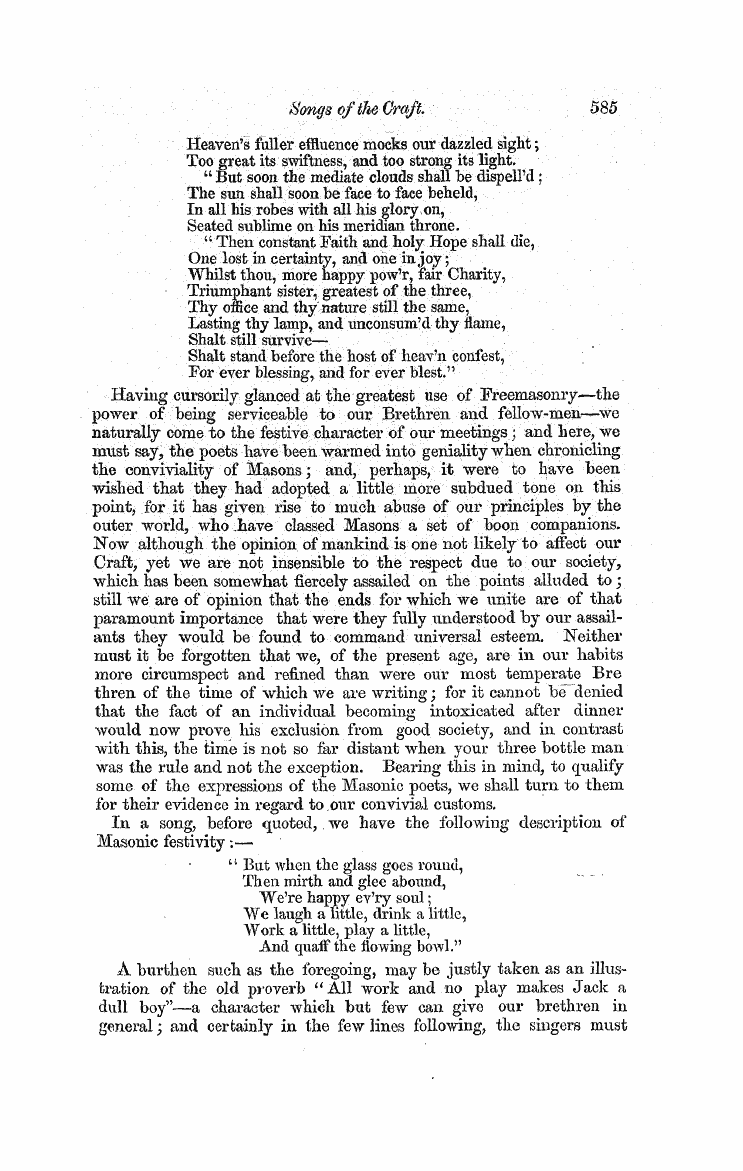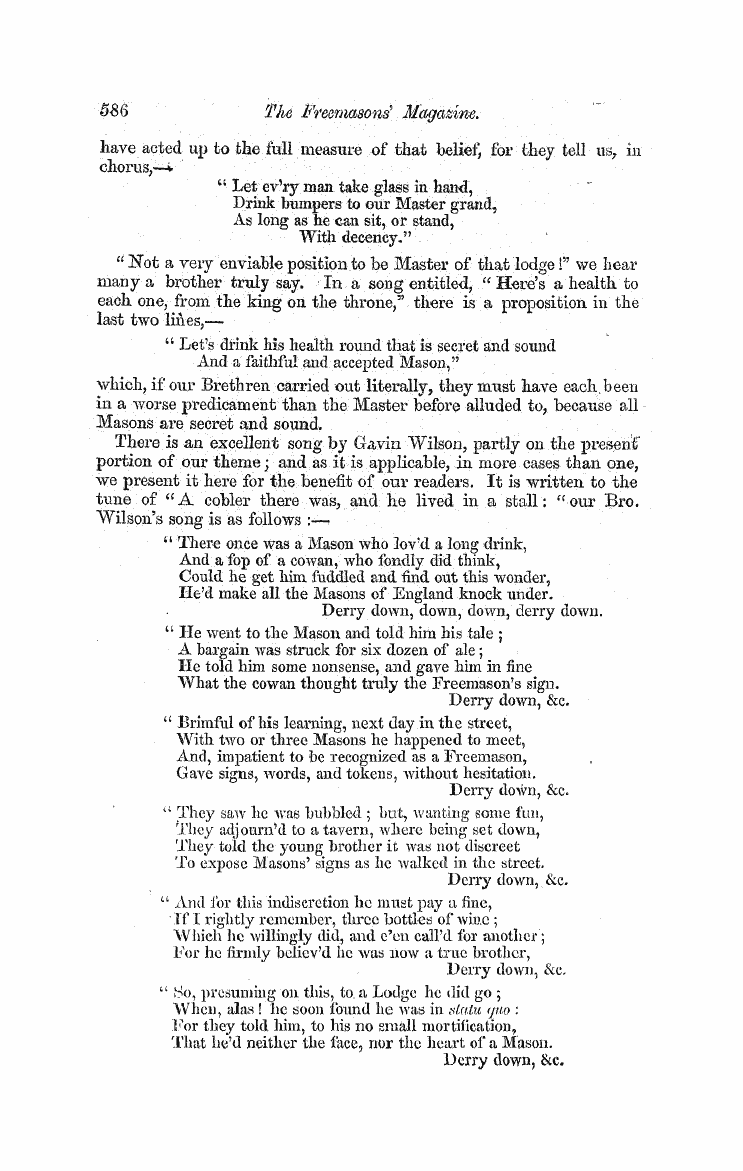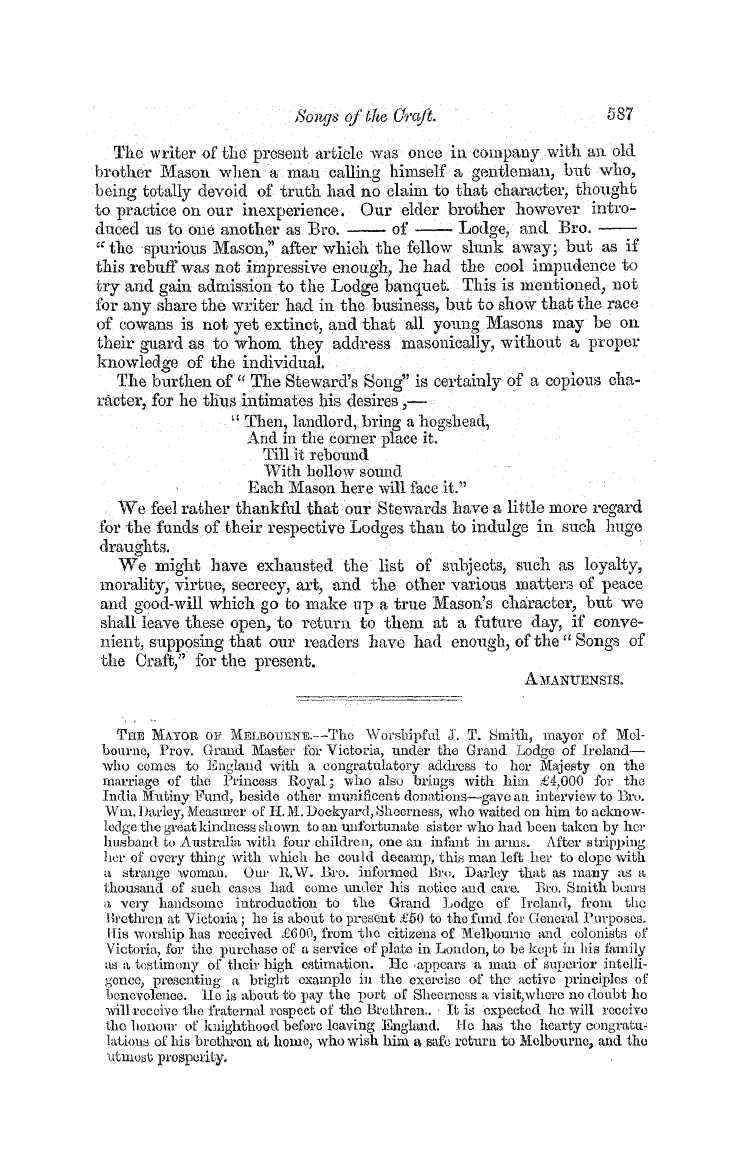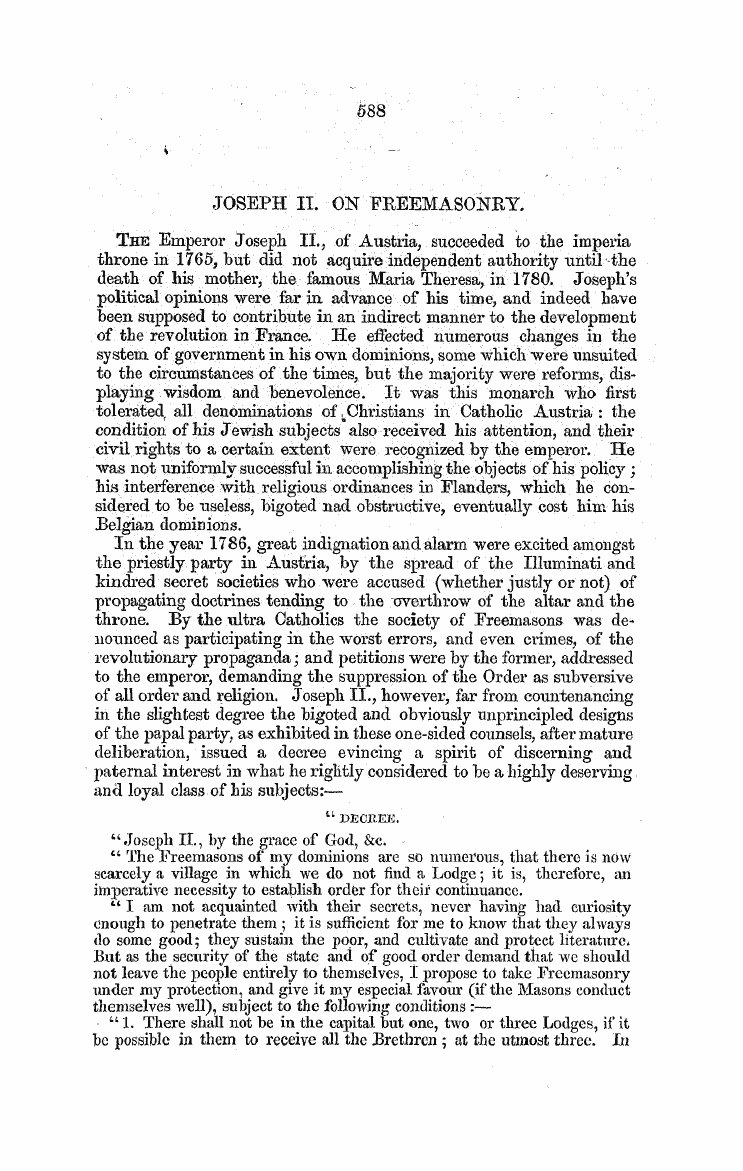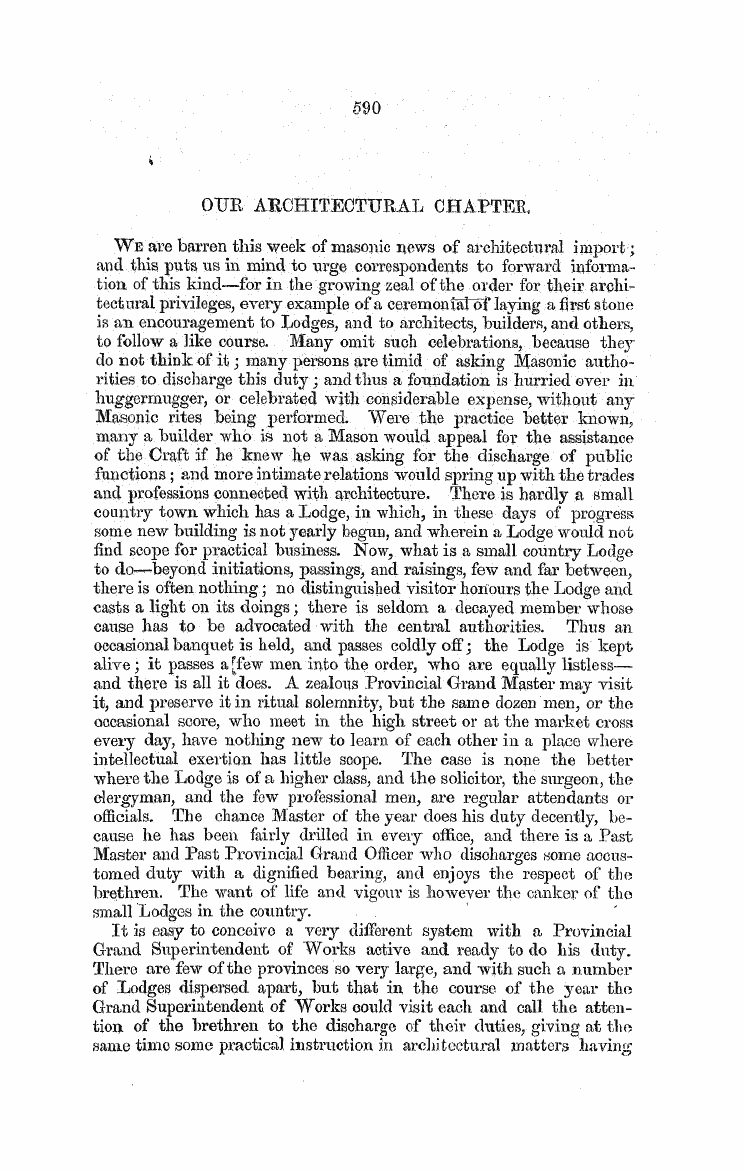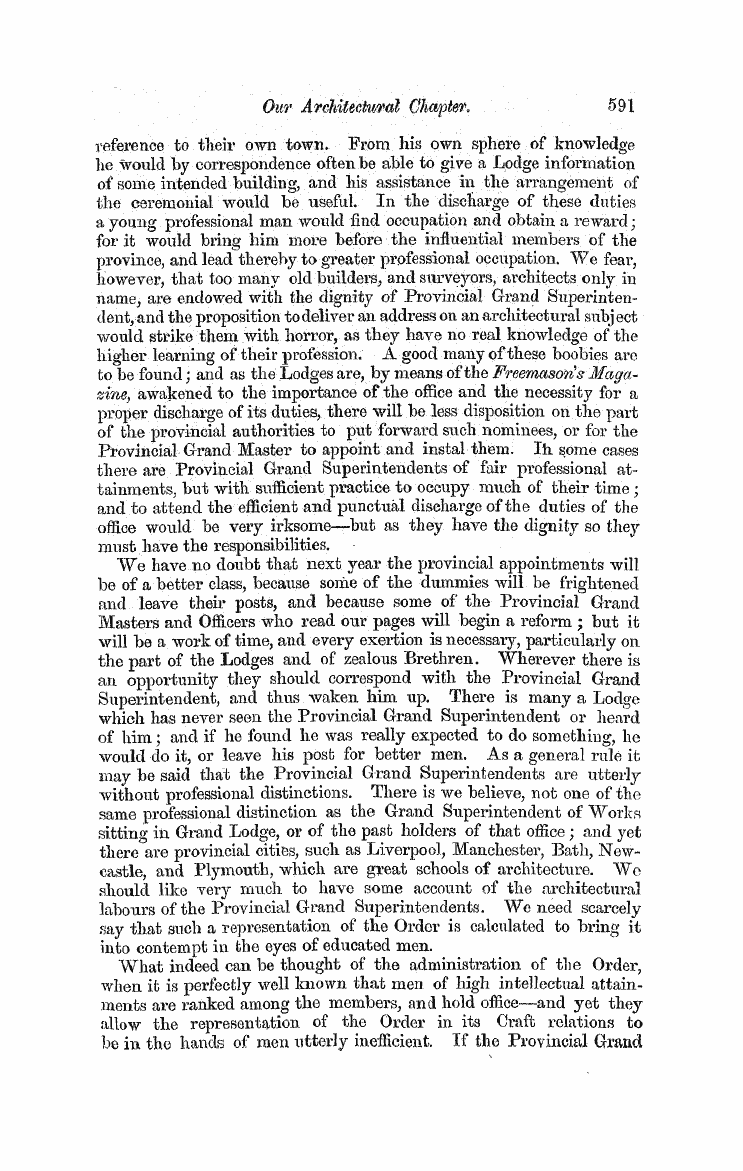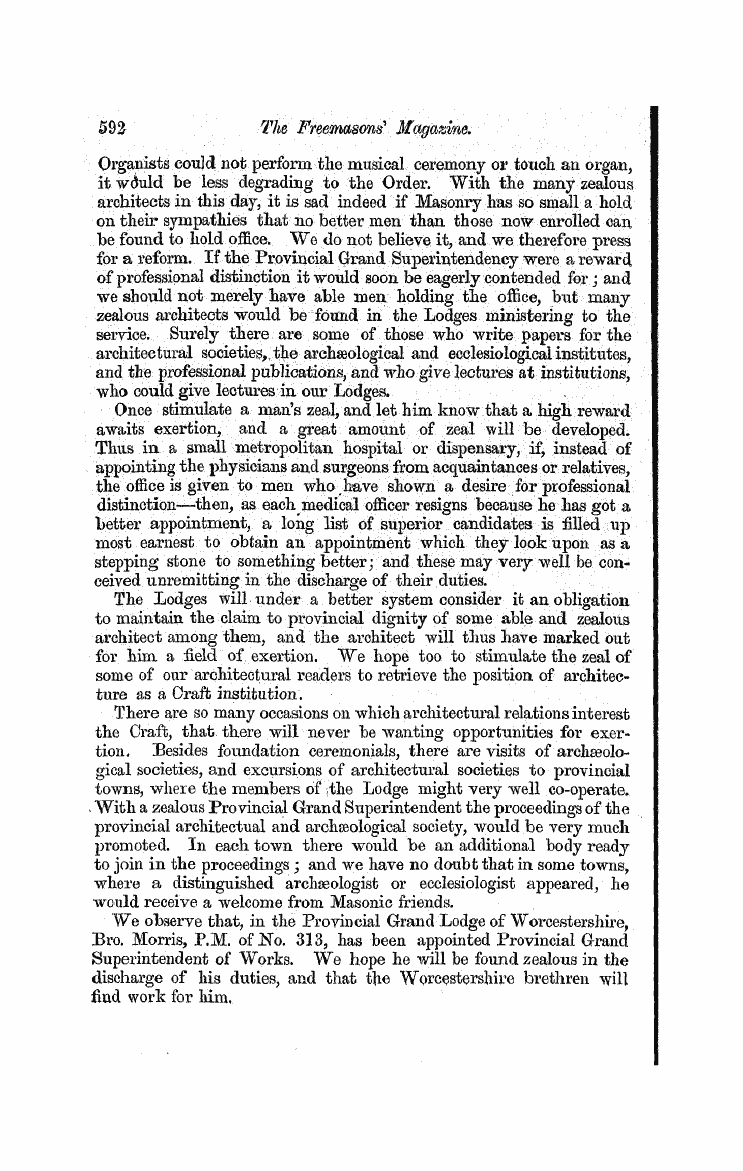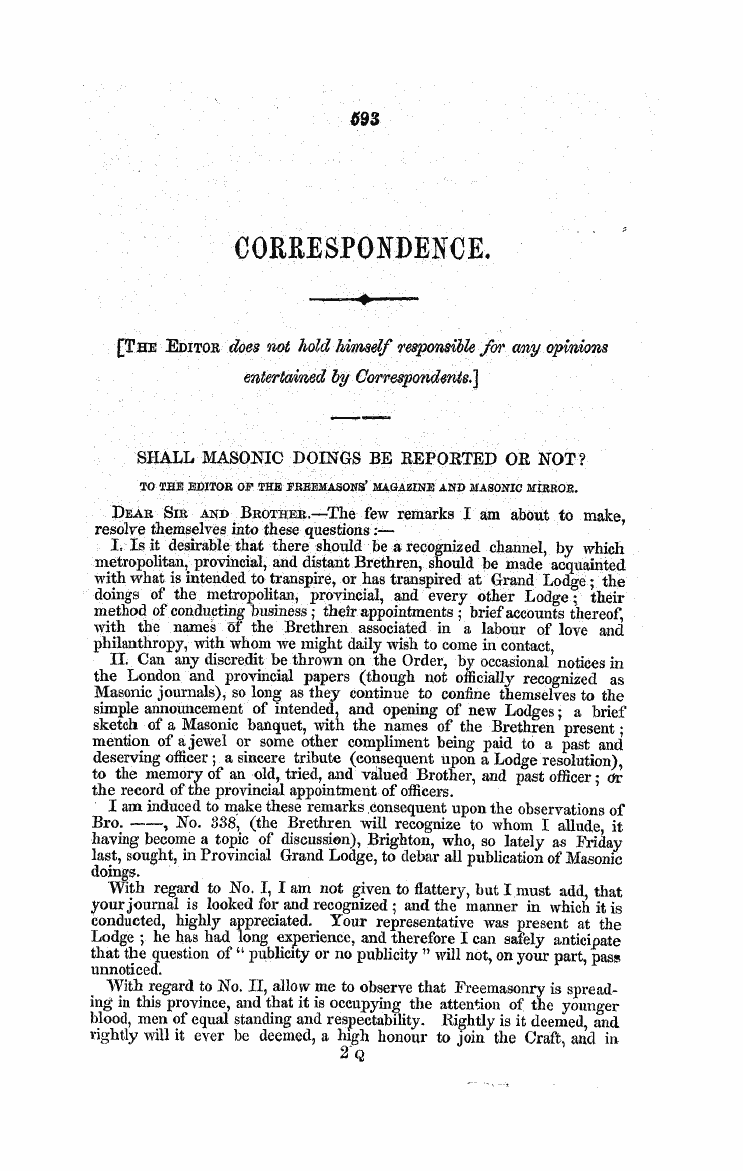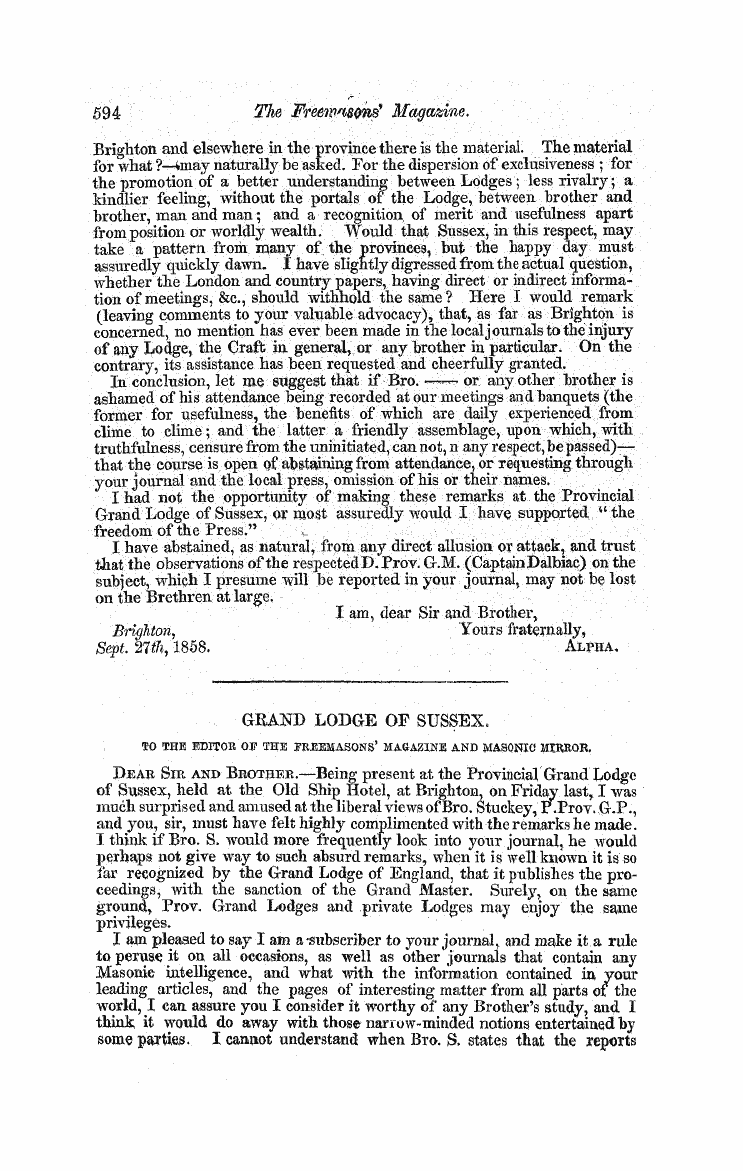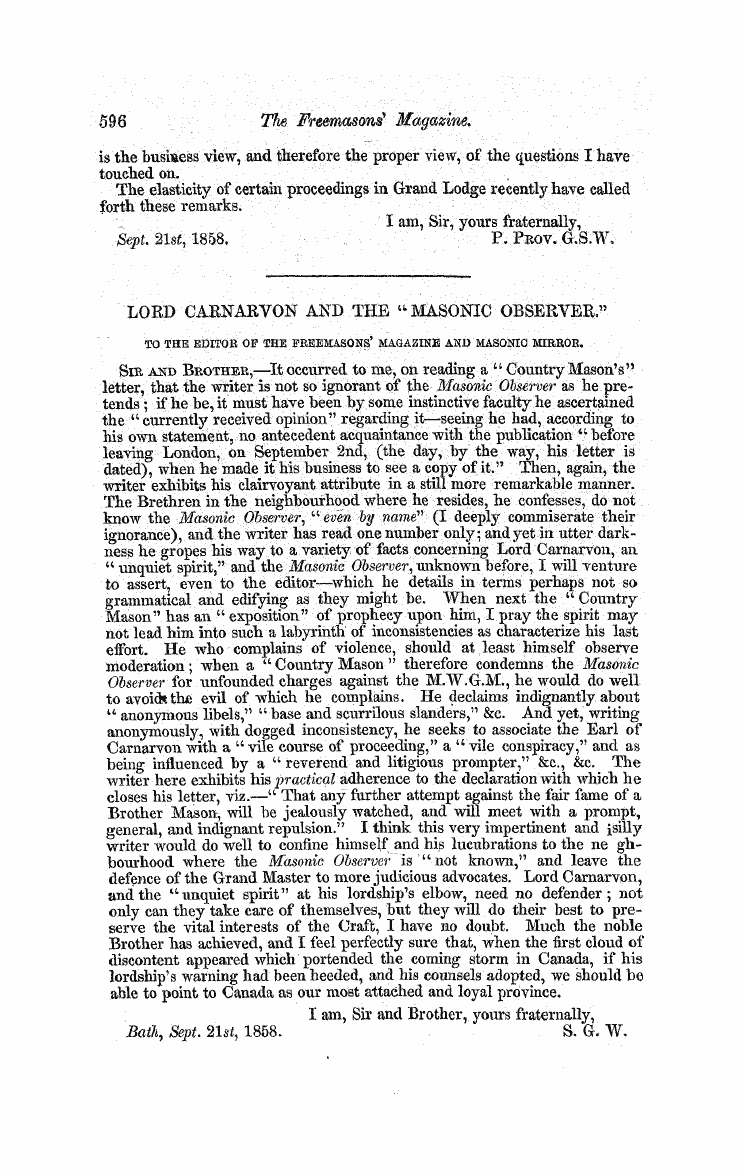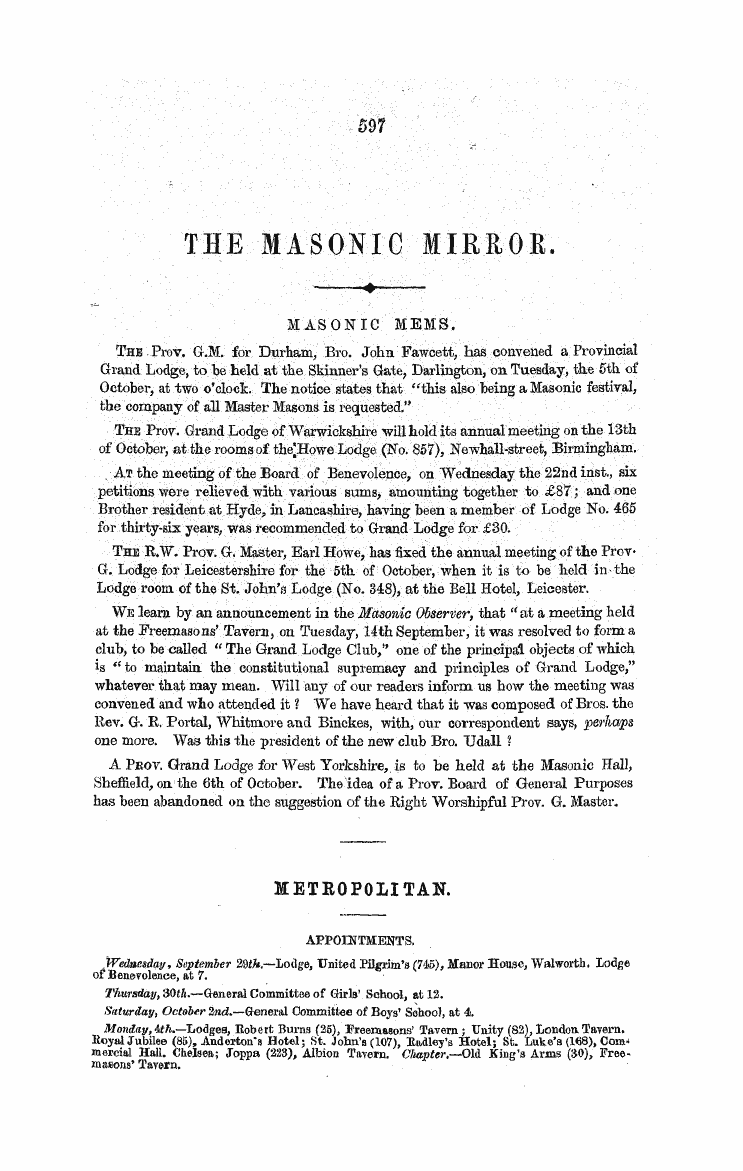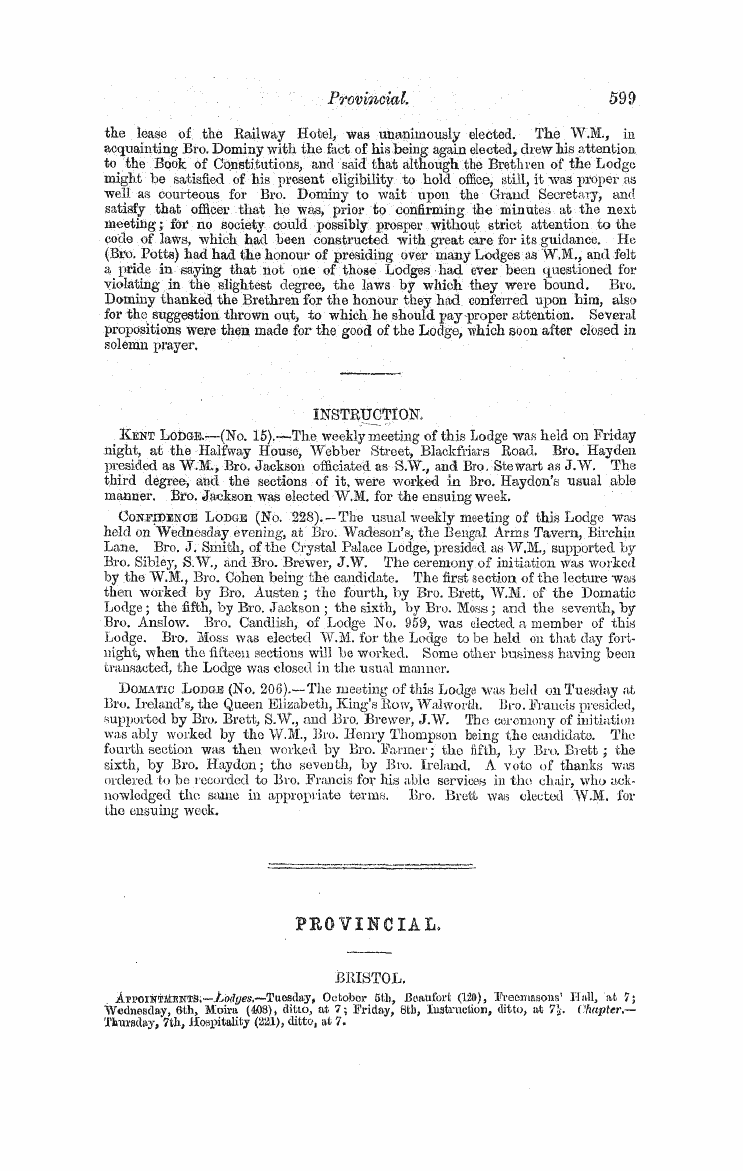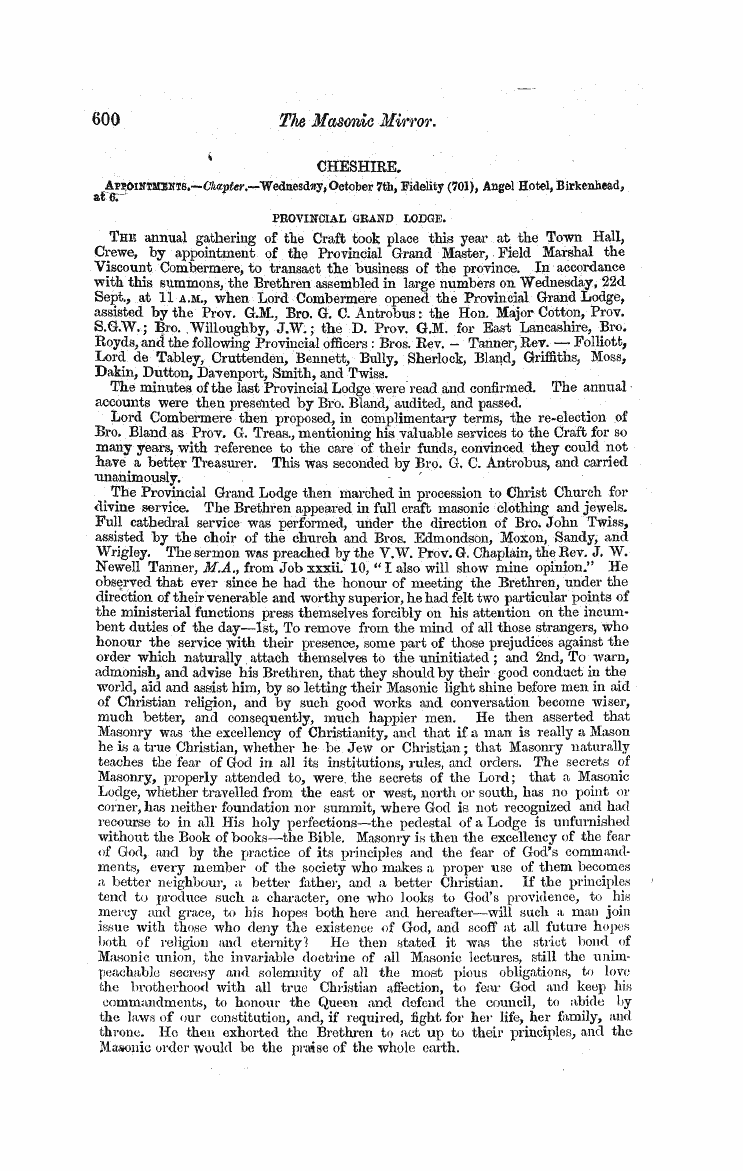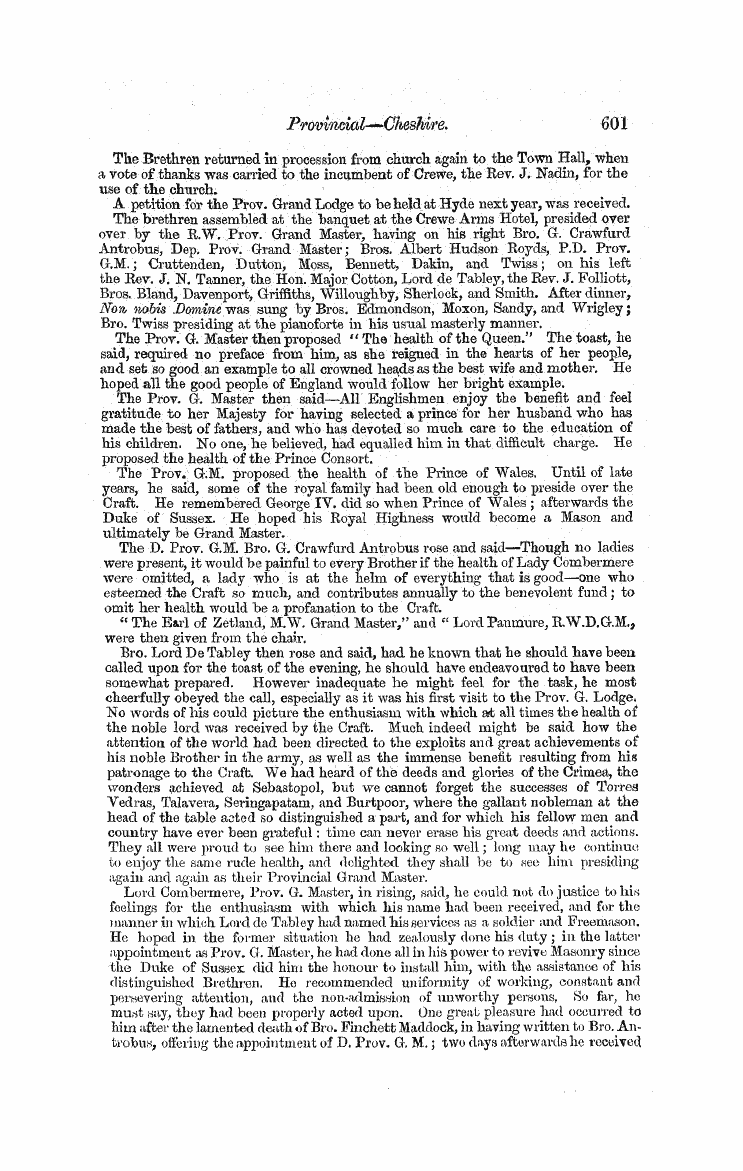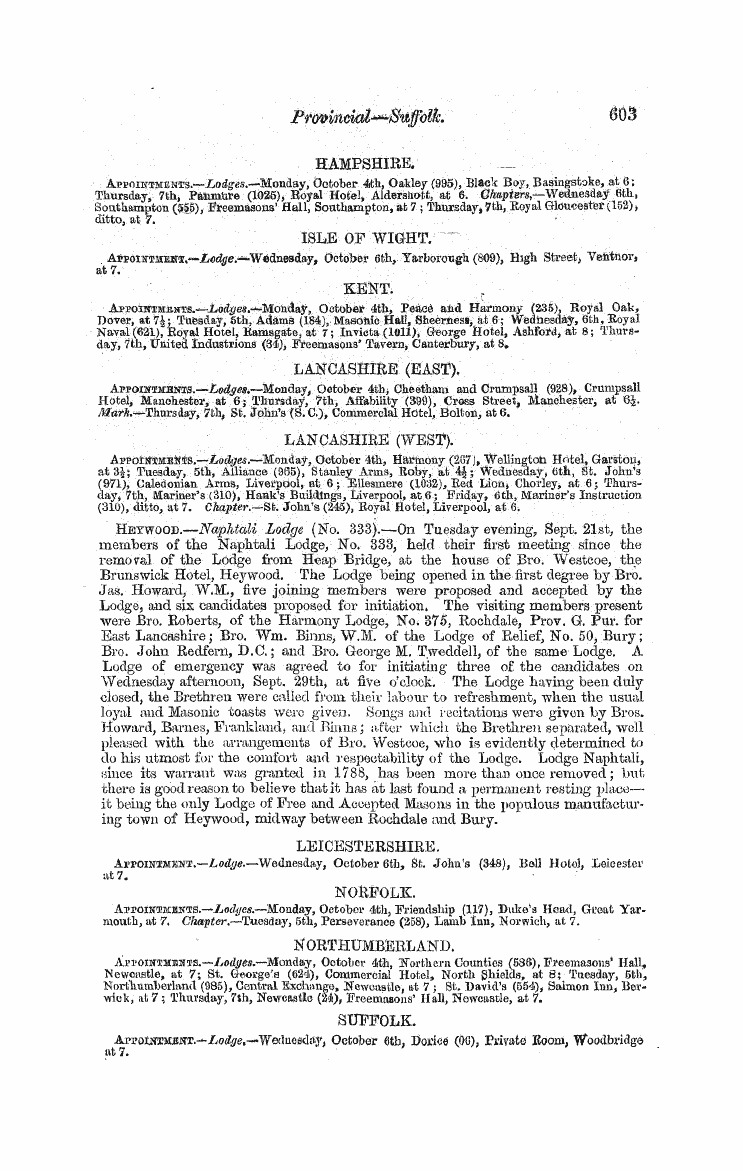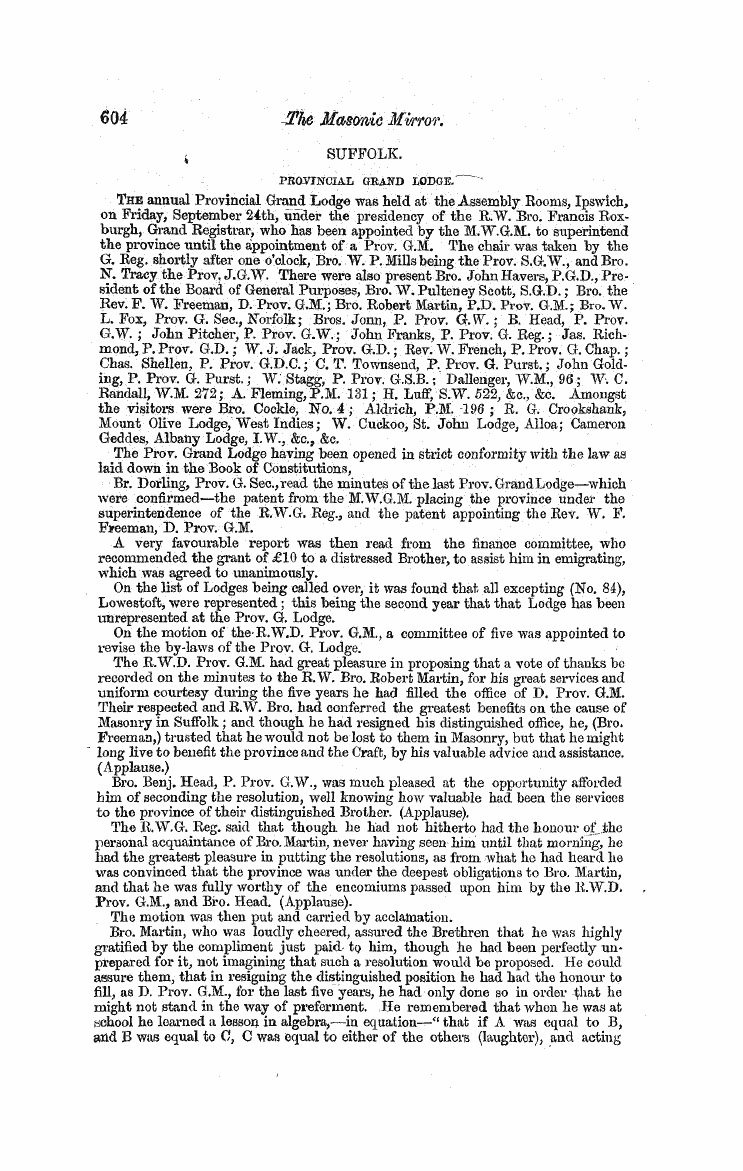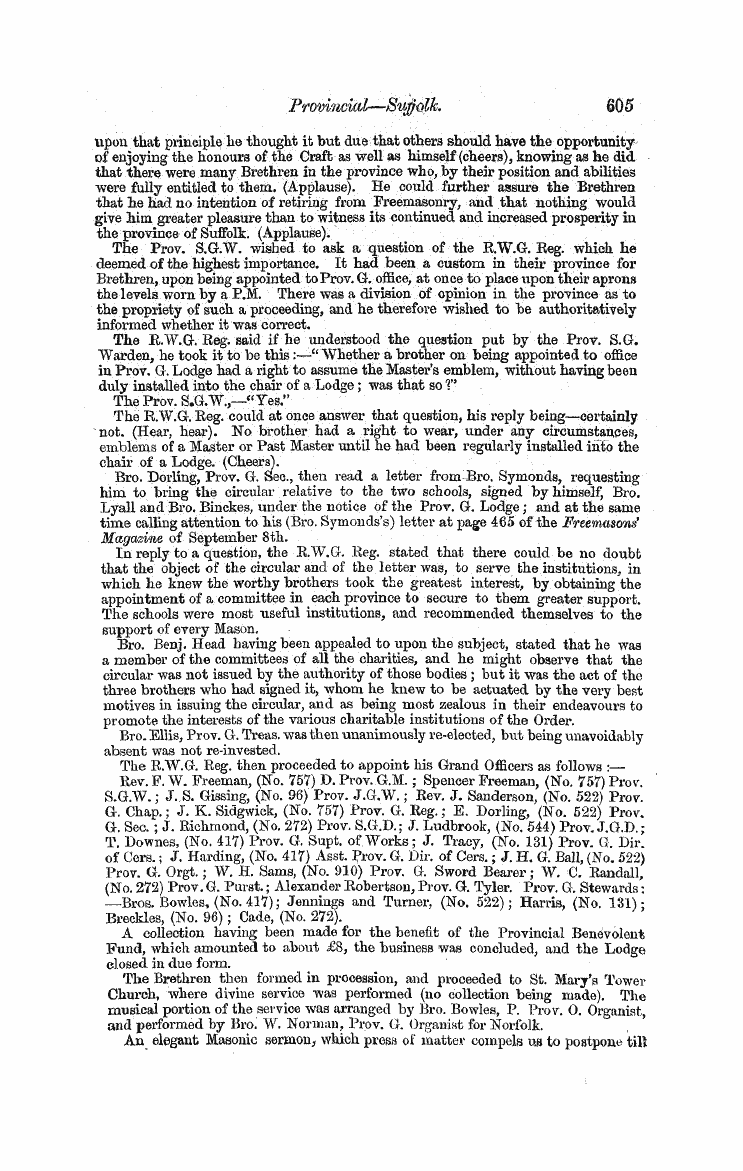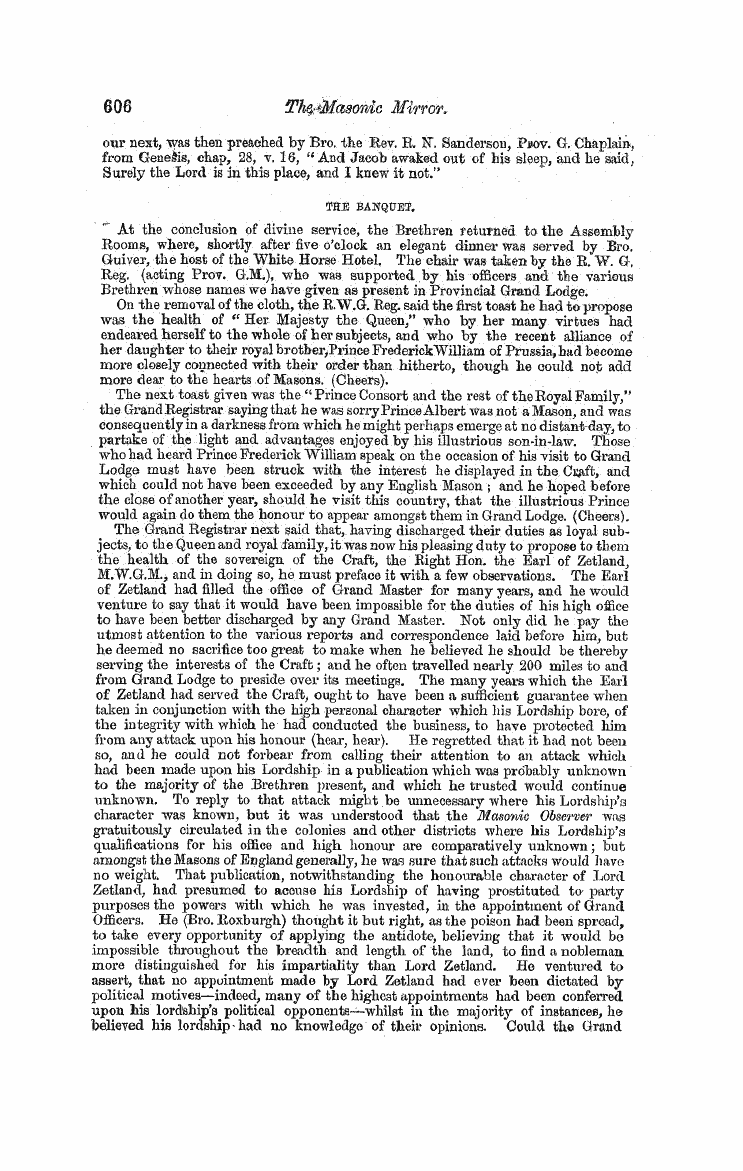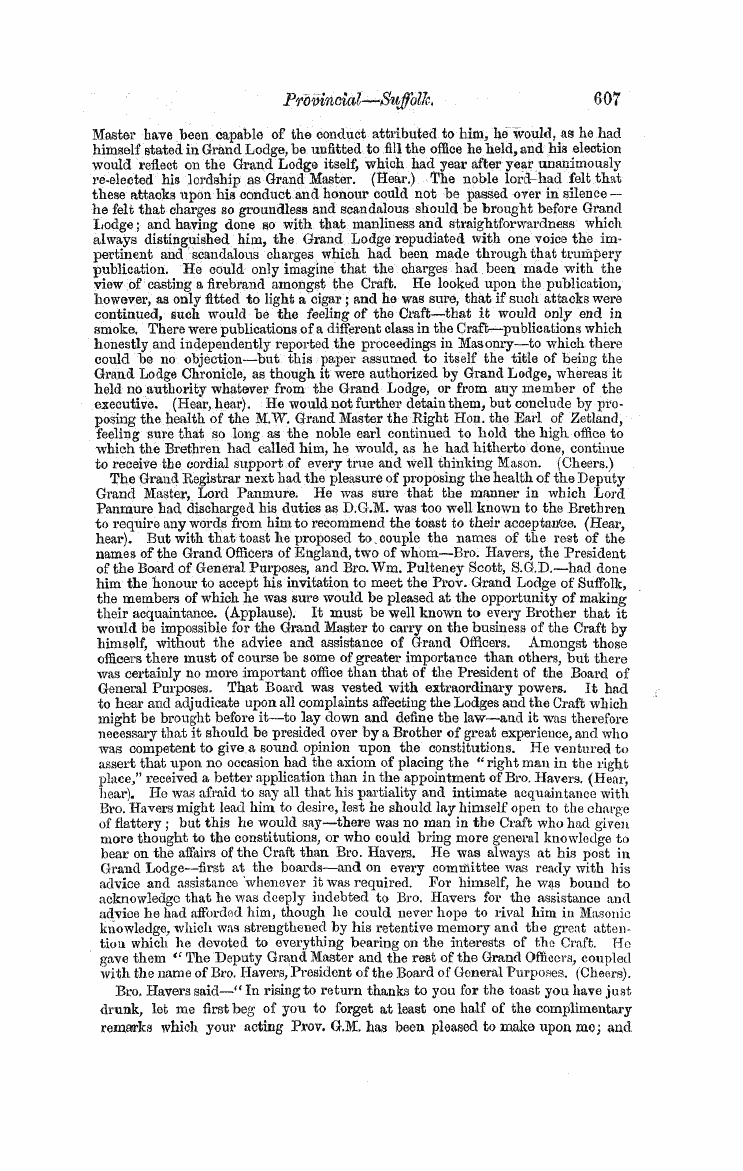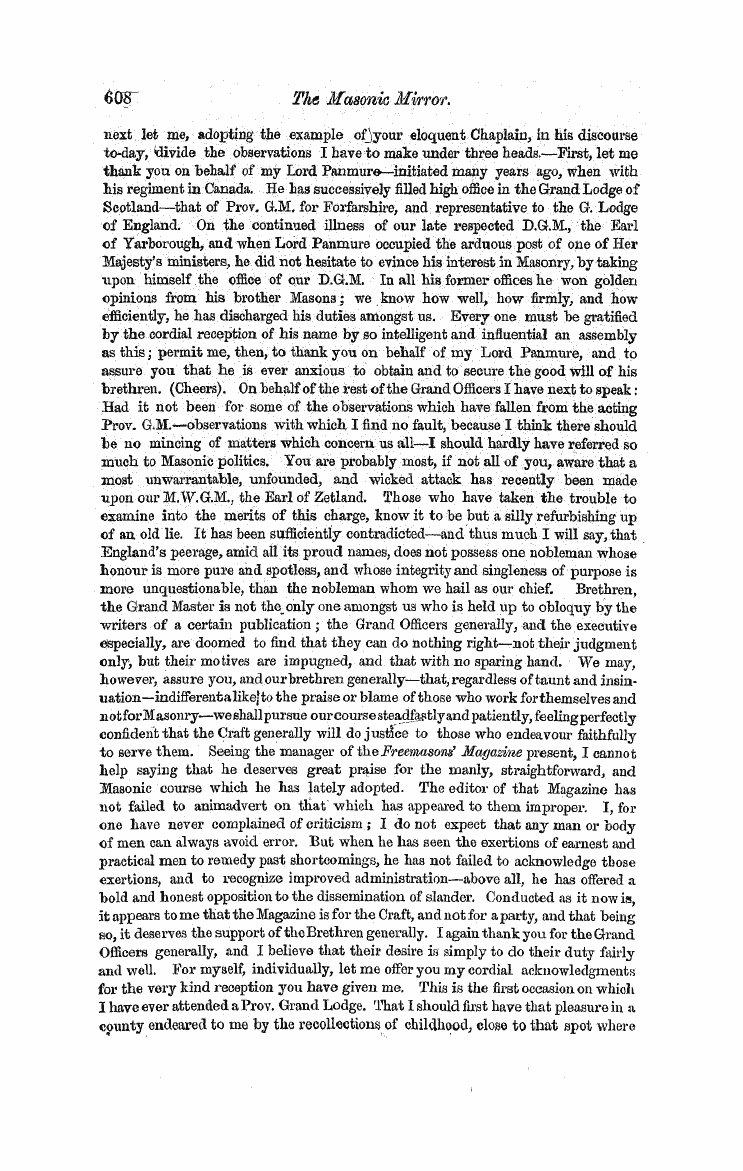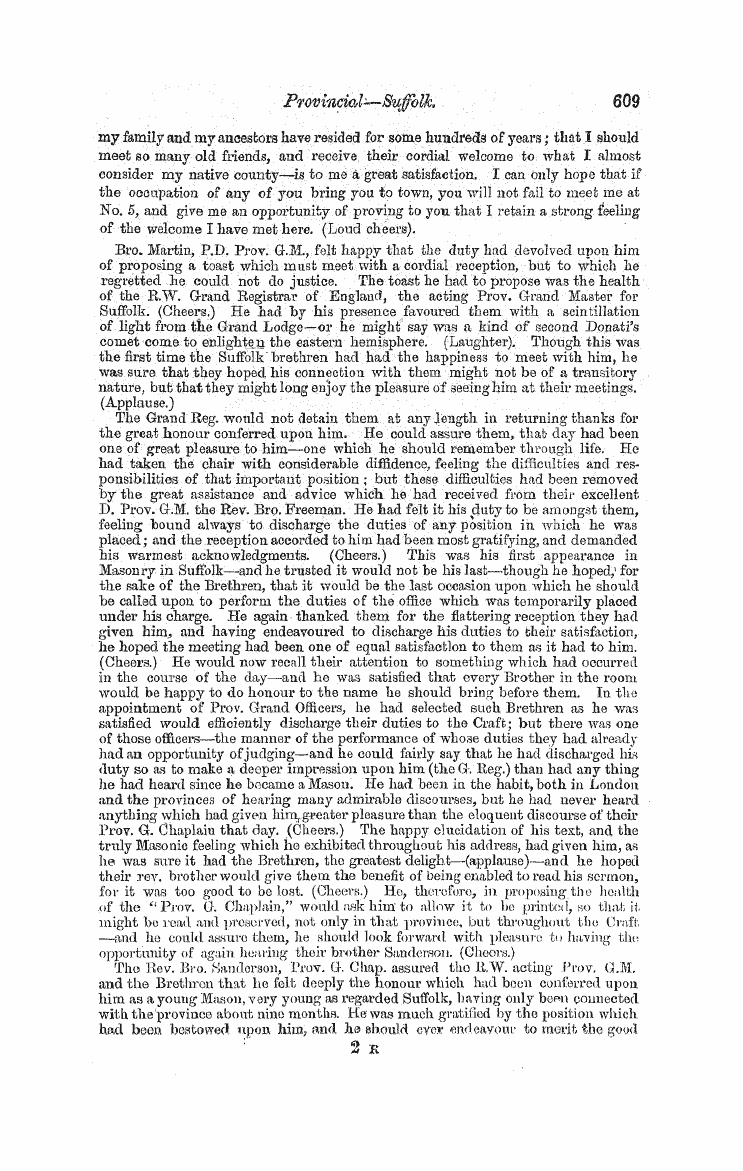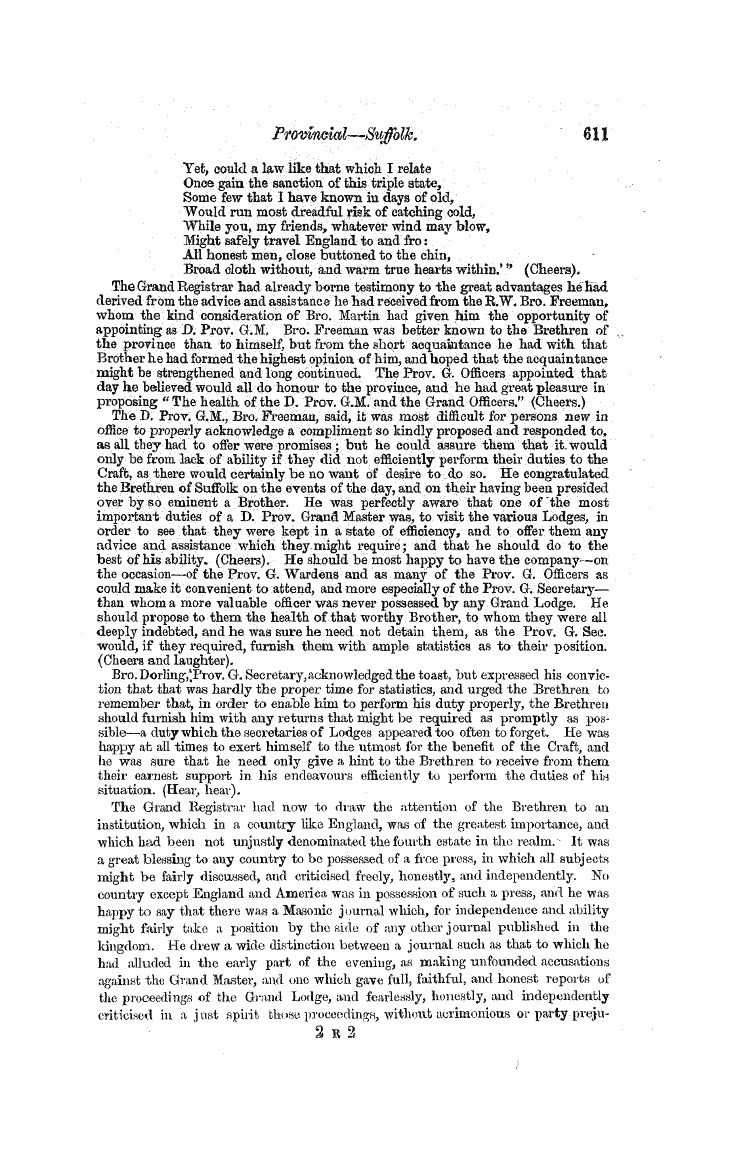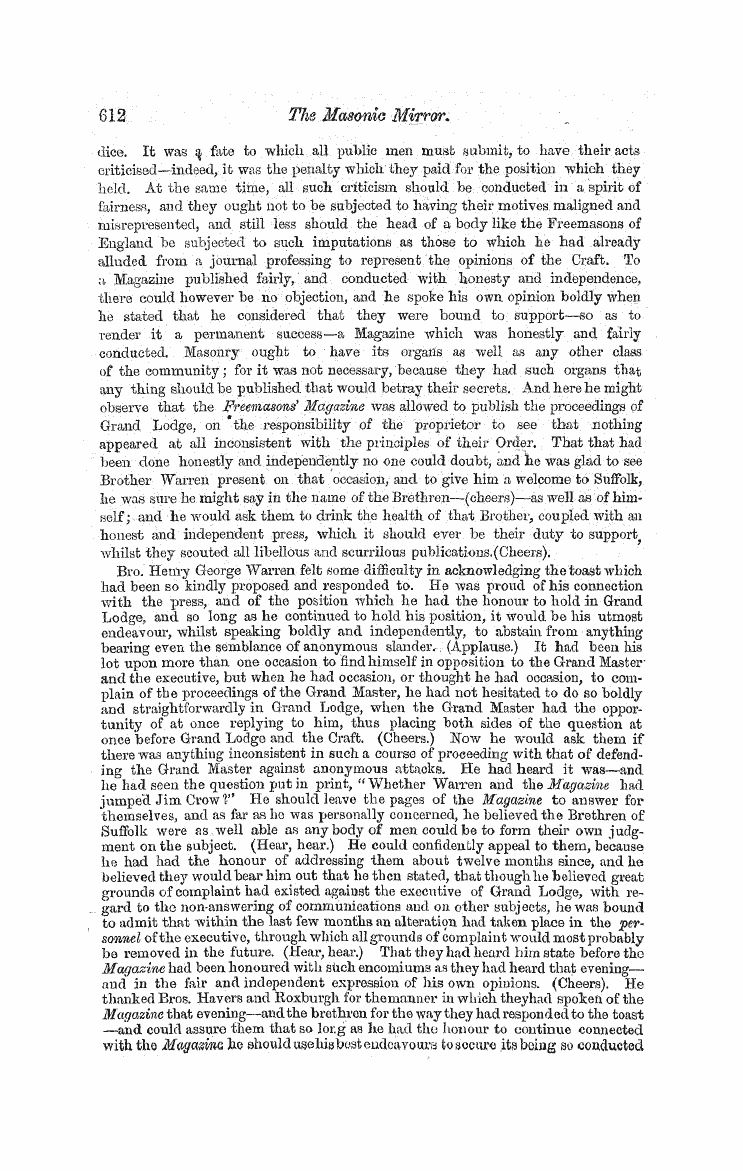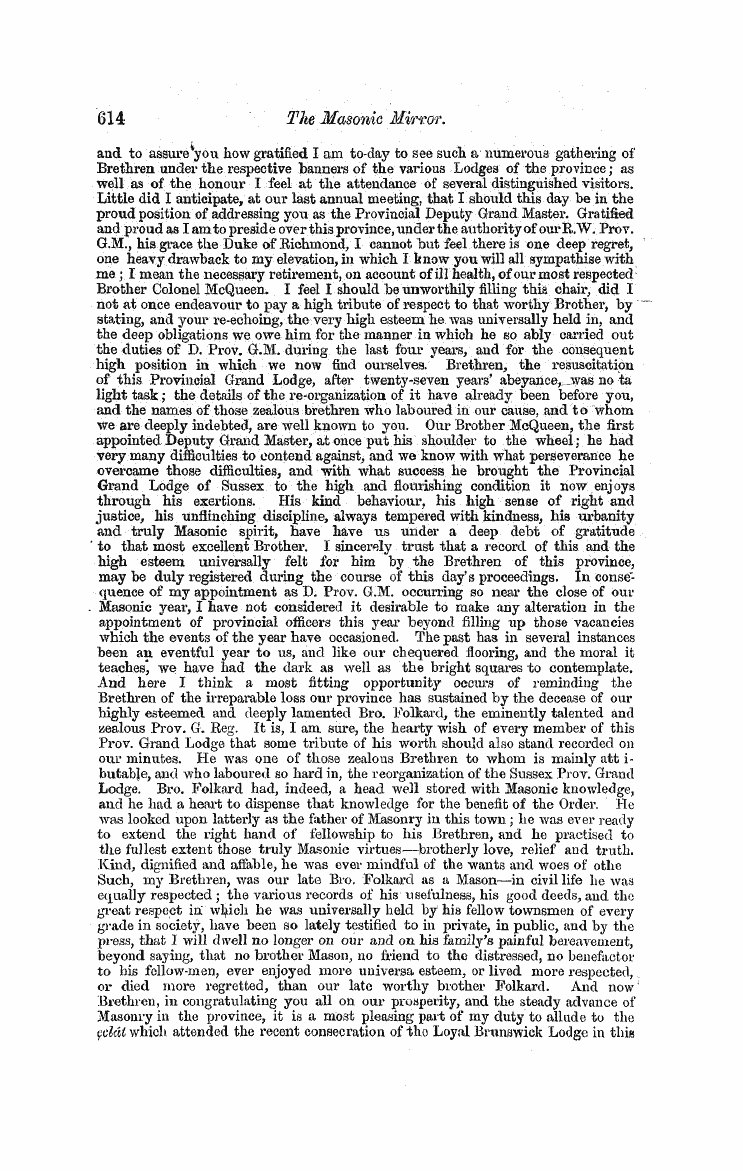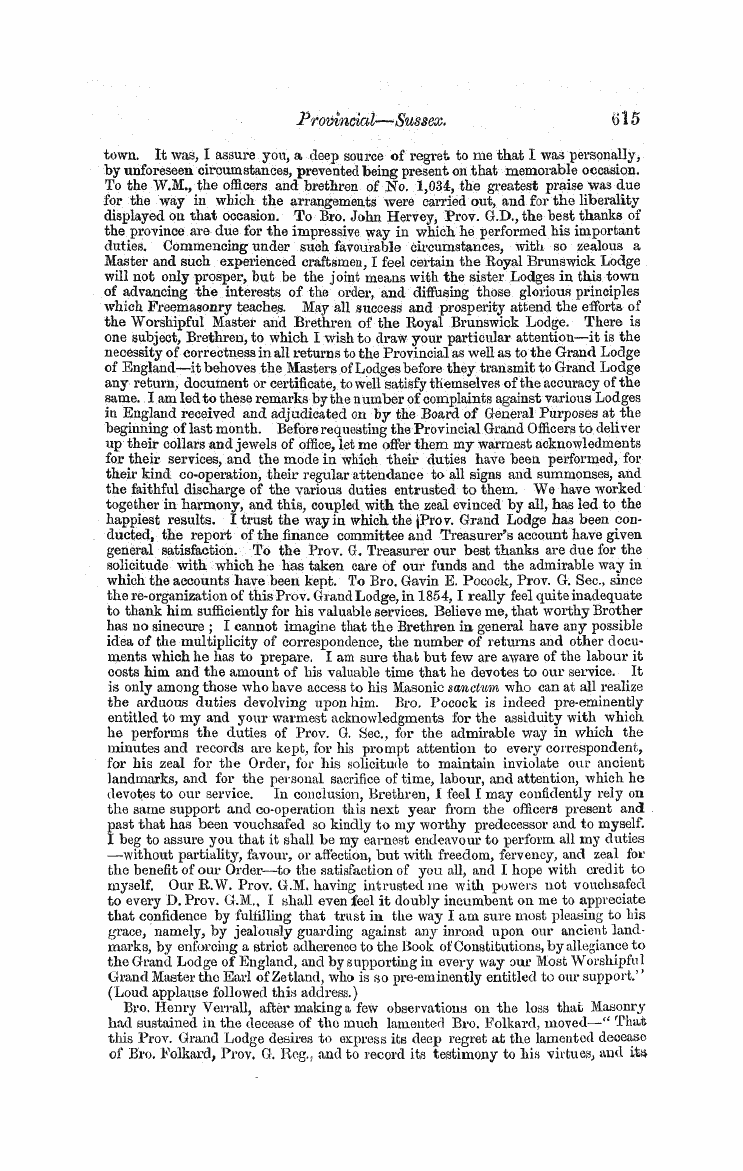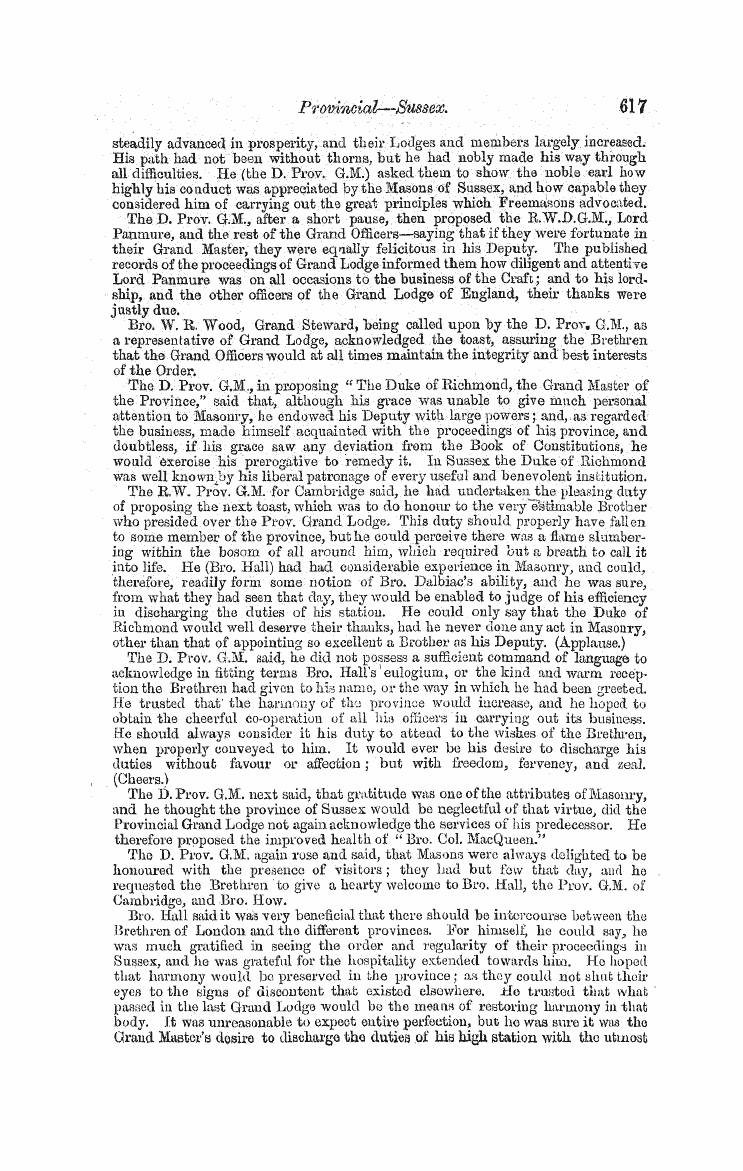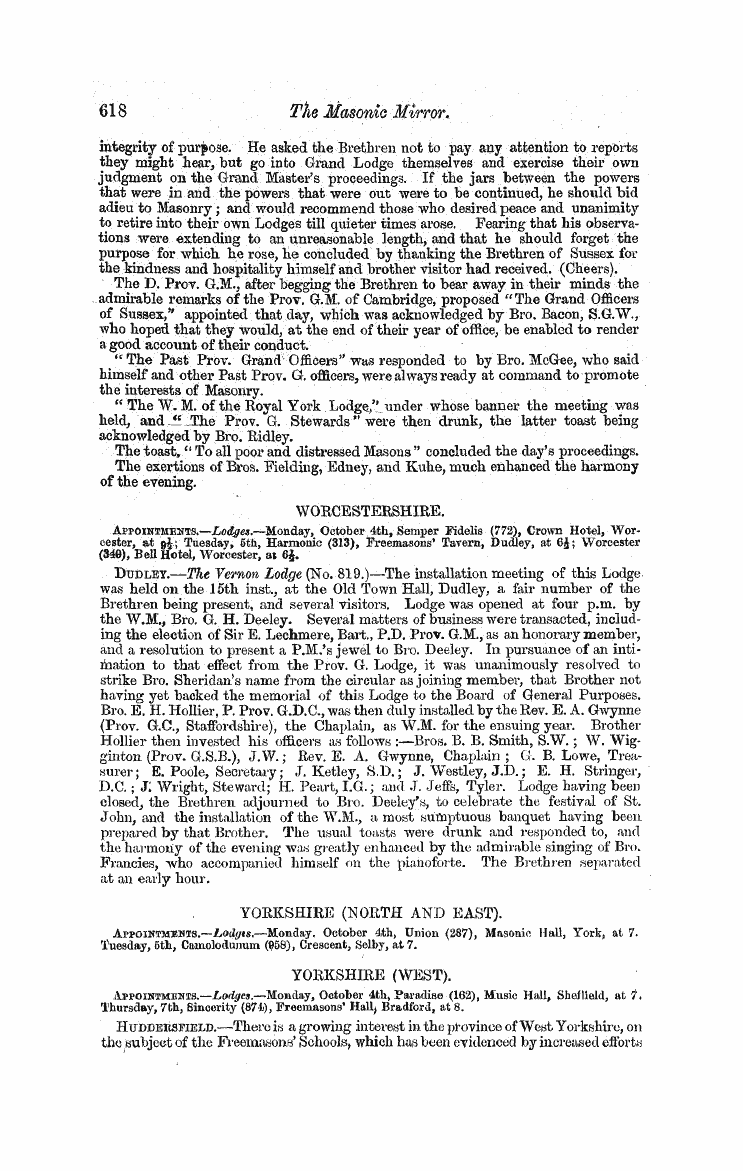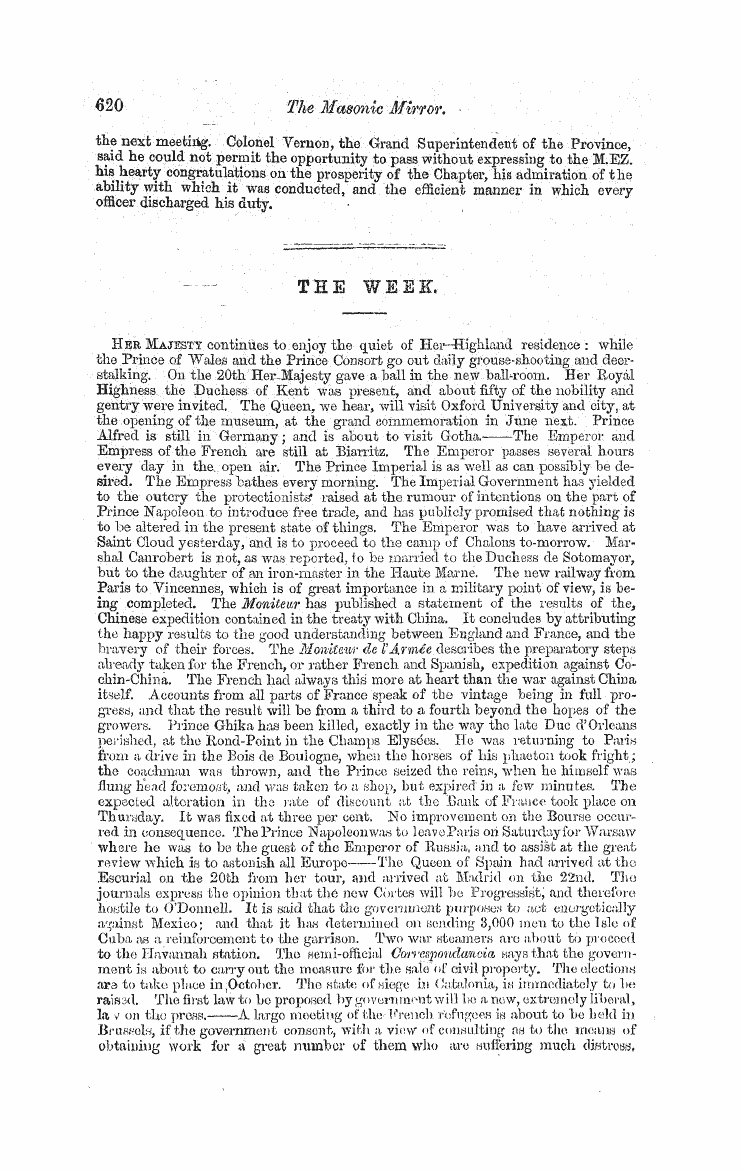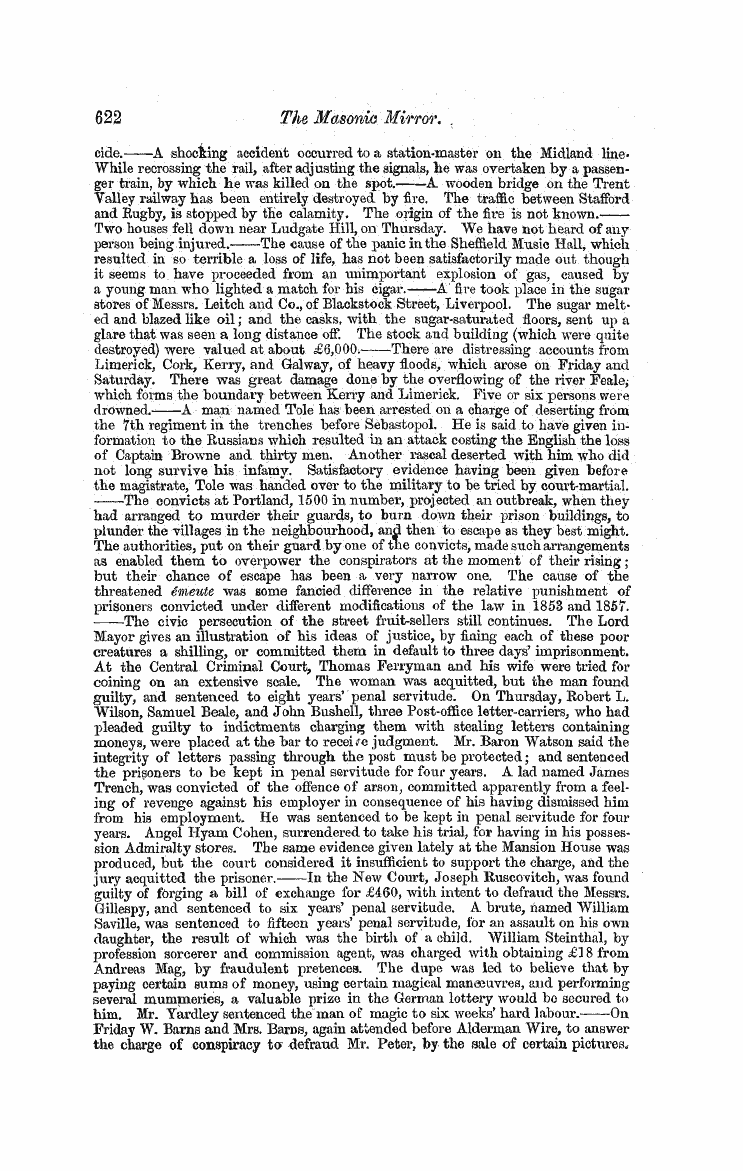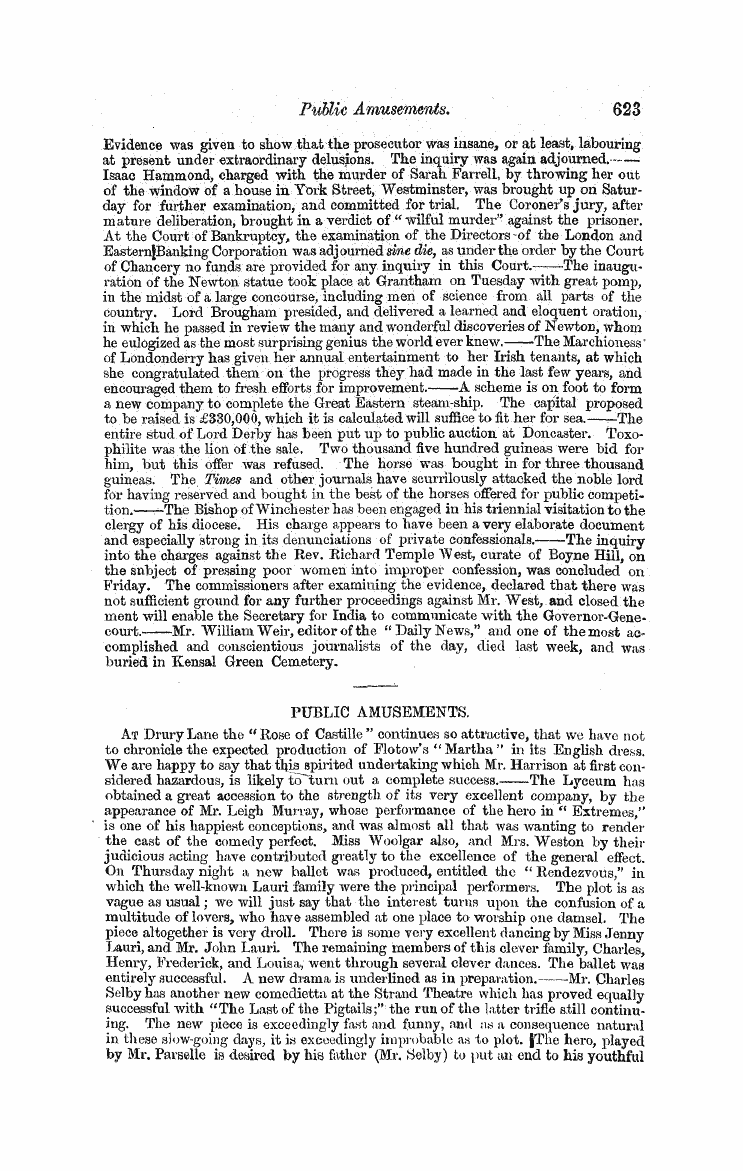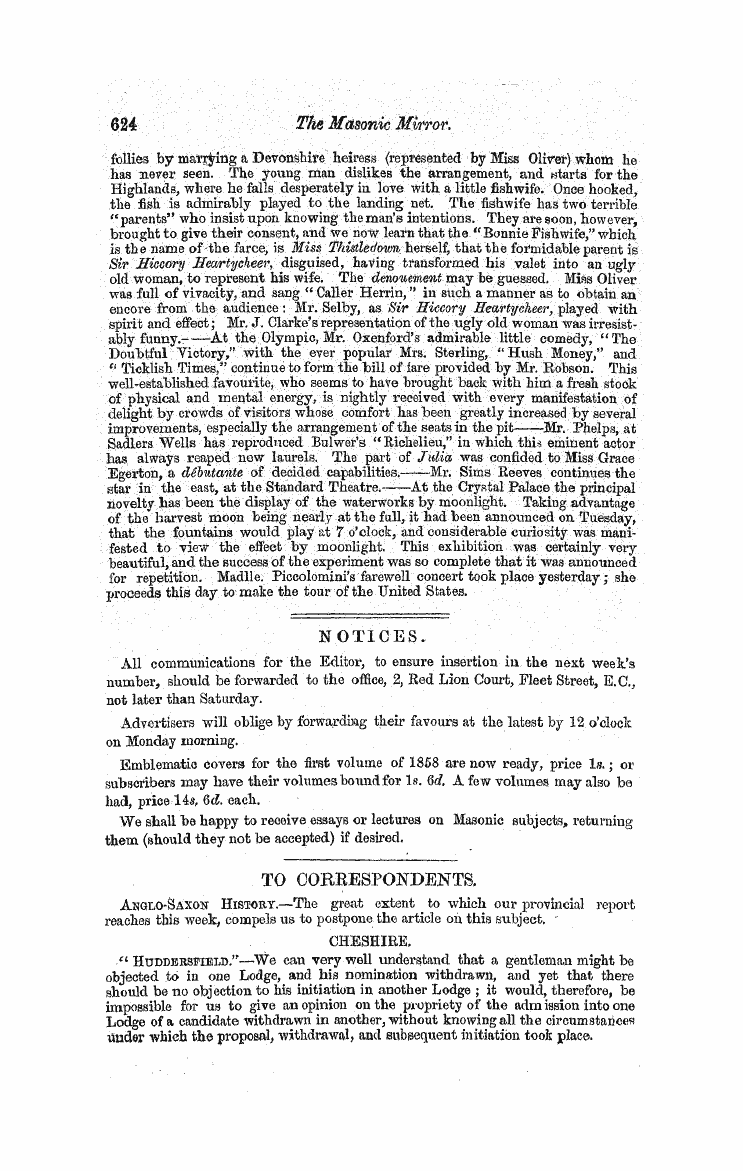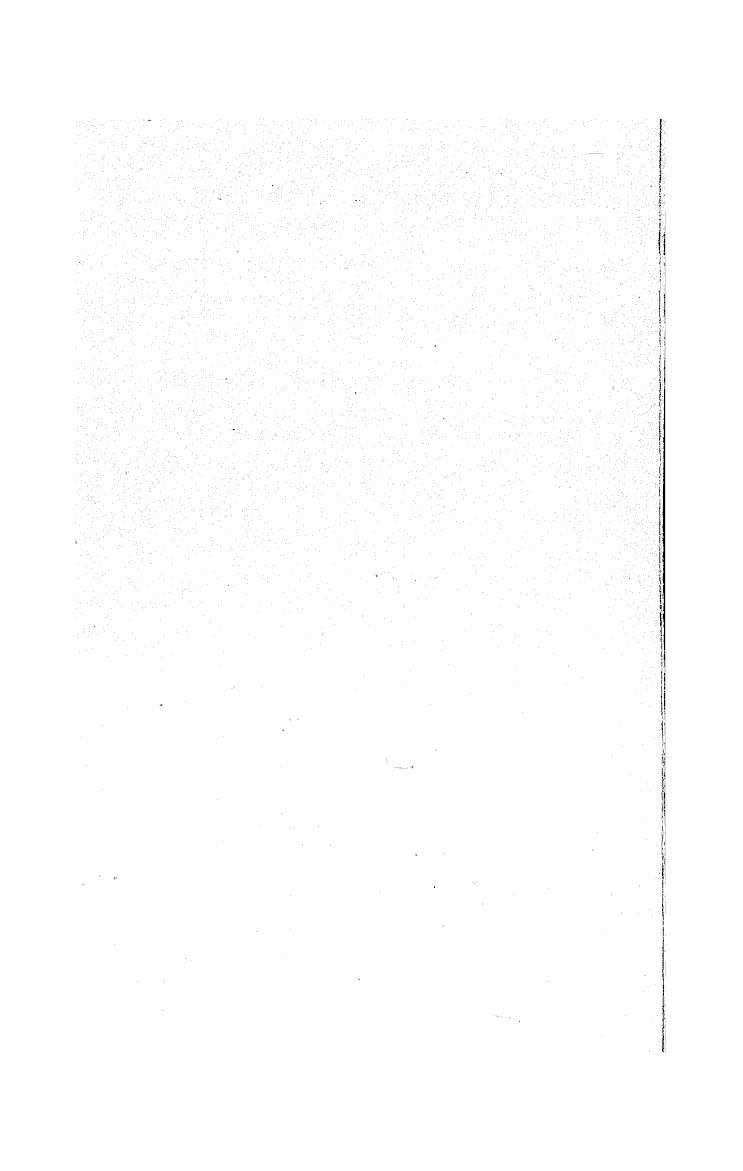-
Articles/Ads
Article THE CHEMISTRY OF COMMON. THINGS. ← Page 8 of 9 →
Note: This text has been automatically extracted via Optical Character Recognition (OCR) software.
The Chemistry Of Common. Things.
¦ nftfe of the sun may be so condensed as to produce a heat exceeding that of thenibst powerful furnace . Radiation is found to take place only from the surface of bodies , and its intensity to depend upon the nature of that surface . A polished surface radiates heat more slowly than a rough one of the same material , and a light surface in a less degree than a dark Onein fact , the radiating power of surfaces is proved to be in inverse proportion to the quantify of light they reflect . "Vessels having surfaces of polished metal radiate heat very slowly , and consequently retain their heat for a great length of time . Hence we see the advantage of making vessels which , are intended to hold hot water , such as tea
and coffee pots , of polished liietal . As . silver , when highly polished , radiates heat less than any other substance known , vessels made of or coated with that metal are the most efficacious in retaining the heat of their contents ;; but this superiority lasts only so long as the surface remains clear and bright ; as soon as it be power is diminished to am immense extent . The degree in which bodies absorb heat when radiated , is found to
be the same as that in which thev radiate it . ; the bodies which reflect least light being those which absorb most heat . - ¦¦ Tf ,- after walking some time in the sun , we apply our hands to different parts of our clothing , we shall find that those parts are the warmest which are of the darkest colour , the light parts being but little . affected .- If a piece of printed paper be exposed to the heat of a burning-glass held in the sun , the black letters will burn much sooner than the blank spaces , or white parts of the paper .
The most remarkable instance of the effects of radiation is in the formation and phenomena of dew . , In clear nights , bodies in an exposed position radiate into space the heat which they have received during the day ,- so-that their temperature soon falls to such a degree that the vapour of water existing in the contiguous parts of the atmosphere is condensed on their surface in the form of moisture . This
deposition is in proportion to their radiating power , and the expanse of clear sky to which they are exposed . Blades of grass , and other vegetable substances , being good radiators , are speedily covered with dew , while the have soil at a short distance , which radiates but little heat , is entirely free from moisture . But if the grass be in a sheltered situation , little or no deposition takes place , because the loss of heat is replaced by the radiation from surrounding objects . This explains
the fact of no dew being deposited in the streets of large towns , or on cloudy nights . In the latter case the loss of heat of objects on the ground is compensated for by tho radiation from the clouds themselves . Conduction . —If a solid body , instead of being placed at a distance from a heated body , be placed in contact with it , heat will gradually be transferred from the one to the other . The hot body will slowly cool , while the cold one will become heated , and after acme time , they will both have the same temperature , Also , if one end of a bar of
Note: This text has been automatically extracted via Optical Character Recognition (OCR) software.
The Chemistry Of Common. Things.
¦ nftfe of the sun may be so condensed as to produce a heat exceeding that of thenibst powerful furnace . Radiation is found to take place only from the surface of bodies , and its intensity to depend upon the nature of that surface . A polished surface radiates heat more slowly than a rough one of the same material , and a light surface in a less degree than a dark Onein fact , the radiating power of surfaces is proved to be in inverse proportion to the quantify of light they reflect . "Vessels having surfaces of polished metal radiate heat very slowly , and consequently retain their heat for a great length of time . Hence we see the advantage of making vessels which , are intended to hold hot water , such as tea
and coffee pots , of polished liietal . As . silver , when highly polished , radiates heat less than any other substance known , vessels made of or coated with that metal are the most efficacious in retaining the heat of their contents ;; but this superiority lasts only so long as the surface remains clear and bright ; as soon as it be power is diminished to am immense extent . The degree in which bodies absorb heat when radiated , is found to
be the same as that in which thev radiate it . ; the bodies which reflect least light being those which absorb most heat . - ¦¦ Tf ,- after walking some time in the sun , we apply our hands to different parts of our clothing , we shall find that those parts are the warmest which are of the darkest colour , the light parts being but little . affected .- If a piece of printed paper be exposed to the heat of a burning-glass held in the sun , the black letters will burn much sooner than the blank spaces , or white parts of the paper .
The most remarkable instance of the effects of radiation is in the formation and phenomena of dew . , In clear nights , bodies in an exposed position radiate into space the heat which they have received during the day ,- so-that their temperature soon falls to such a degree that the vapour of water existing in the contiguous parts of the atmosphere is condensed on their surface in the form of moisture . This
deposition is in proportion to their radiating power , and the expanse of clear sky to which they are exposed . Blades of grass , and other vegetable substances , being good radiators , are speedily covered with dew , while the have soil at a short distance , which radiates but little heat , is entirely free from moisture . But if the grass be in a sheltered situation , little or no deposition takes place , because the loss of heat is replaced by the radiation from surrounding objects . This explains
the fact of no dew being deposited in the streets of large towns , or on cloudy nights . In the latter case the loss of heat of objects on the ground is compensated for by tho radiation from the clouds themselves . Conduction . —If a solid body , instead of being placed at a distance from a heated body , be placed in contact with it , heat will gradually be transferred from the one to the other . The hot body will slowly cool , while the cold one will become heated , and after acme time , they will both have the same temperature , Also , if one end of a bar of































































































































































































